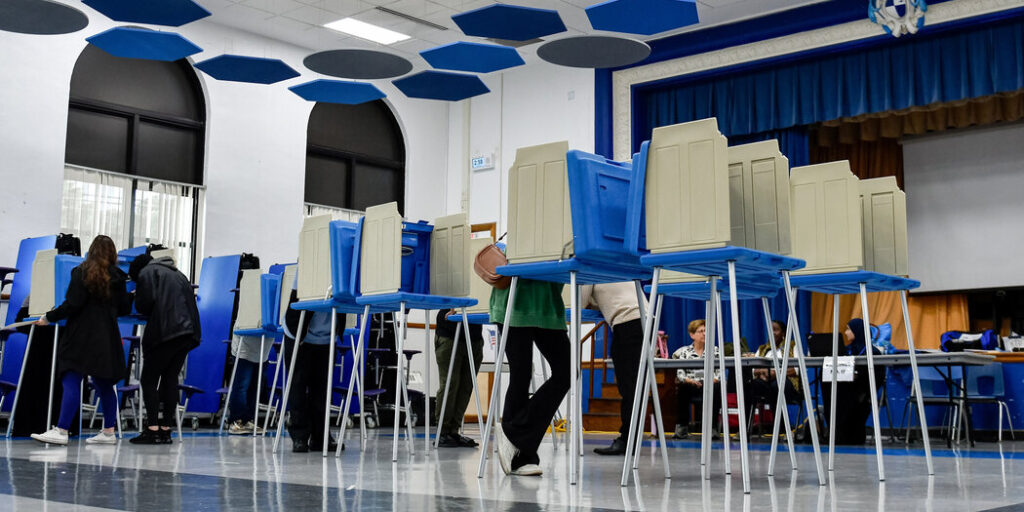House Republicans Reintroduce Controversial Voting Legislation
House Republicans have reintroduced the SAVE Act, a bill that mandates Americans to show proof of citizenship when registering to vote. This legislation previously passed the House but stalled in the Senate. Now, with a Republican majority in Washington, the bill has been expedited in the House and is set to become a priority for GOP lawmakers. Critics argue the Act could disenfranchise millions of voters and complicate election management.
Potential Impact on Voter Registration
Existing federal and state laws already restrict voting in elections to U.S. citizens, with serious penalties for violations. The National Voter Registration Act requires citizenship confirmation upon registration. The SAVE Act would extend this by requiring proof of citizenship each time a voter registers, potentially affecting millions of Americans who relocate annually. Critics warn that the requirement to present documents like passports or birth certificates might exclude over 21 million citizens who do not have these documents readily available.
Certain demographic groups could face more significant challenges. Older citizens and those without high incomes are less likely to possess passports. Two-thirds of Black Americans, for instance, lack a valid passport. Additionally, many married women and younger voters could find themselves without the necessary documentation when their names change.
Consequences of Proof-of-Citizenship Requirements
States such as Arizona and Kansas have previously implemented similar proof-of-citizenship laws, which blocked thousands of eligible voters from registering. The laws in these states disproportionately affected voters on tribal lands, college campuses, and the politically unaffiliated. The administrative burden and chaos caused by these laws led to their eventual reversal by courts. Kansas, for example, faced a federal court ruling invalidating its proof-of-citizenship requirement after it hindered over 31,000 citizens from registering.
In Arizona, a coding error affected the voter registration status of over 200,000 long-time voters, raising doubts about their eligibility right before an election. Such errors highlight the complexities and risks of implementing these requirements.
Implications for Election Officials and Voter Purges
The SAVE Act could also lead to problematic voter purges. While rare cases of noncitizen registration do occur, typically due to misunderstandings, the Act lacks safeguards to prevent the erroneous removal of eligible voters. Incorrect purges have already occurred in states like Alabama and Virginia, where lists included thousands of eligible voters.
The law could place additional pressure on election officials, who might face legal liabilities for errors in determining citizenship status, potentially leading to denied registrations. This pressure could exacerbate the trend of high turnover among election officials.
The Debate Over Voter Fraud Claims
Supporters of the SAVE Act argue it addresses voter fraud issues, though studies have consistently shown noncitizen voting to be extremely rare. Election integrity advocates suggest Congress should focus on genuine challenges to democratic processes rather than unsubstantiated claims of widespread voter fraud.





